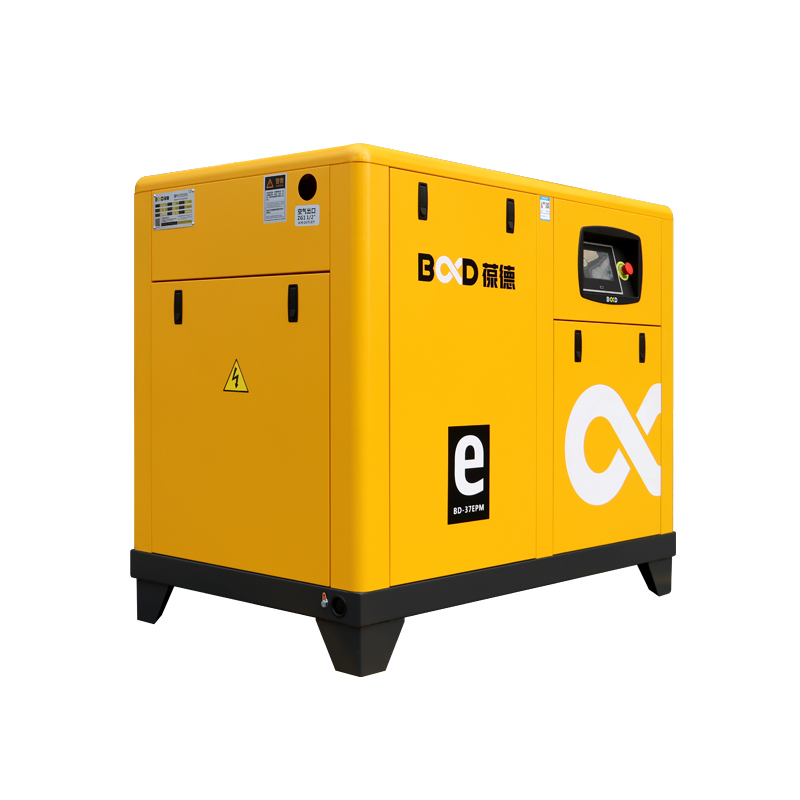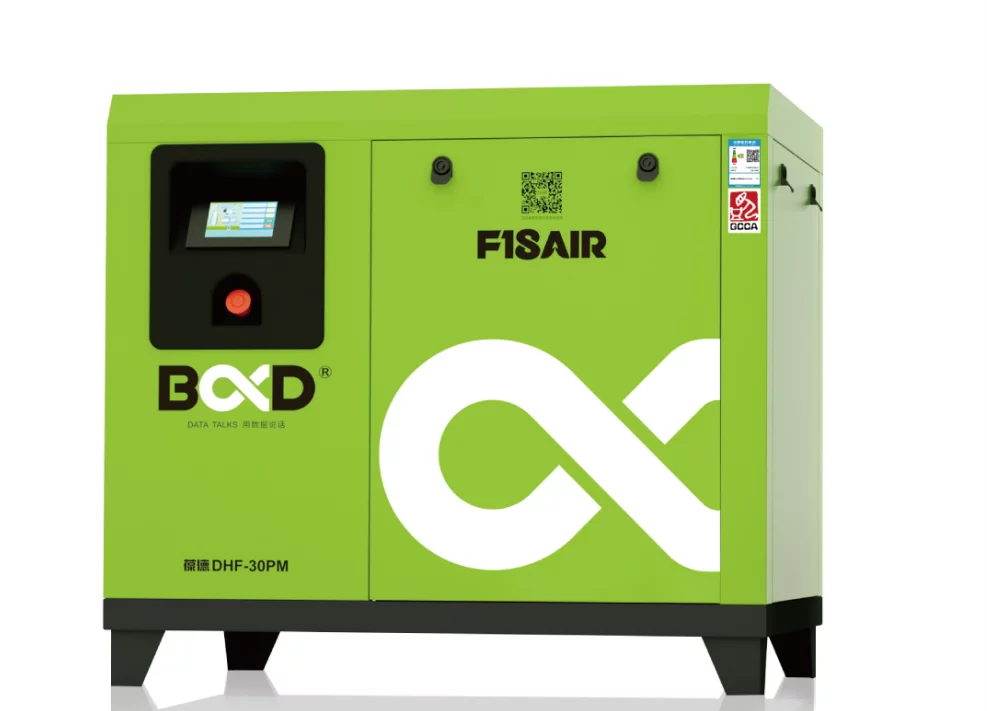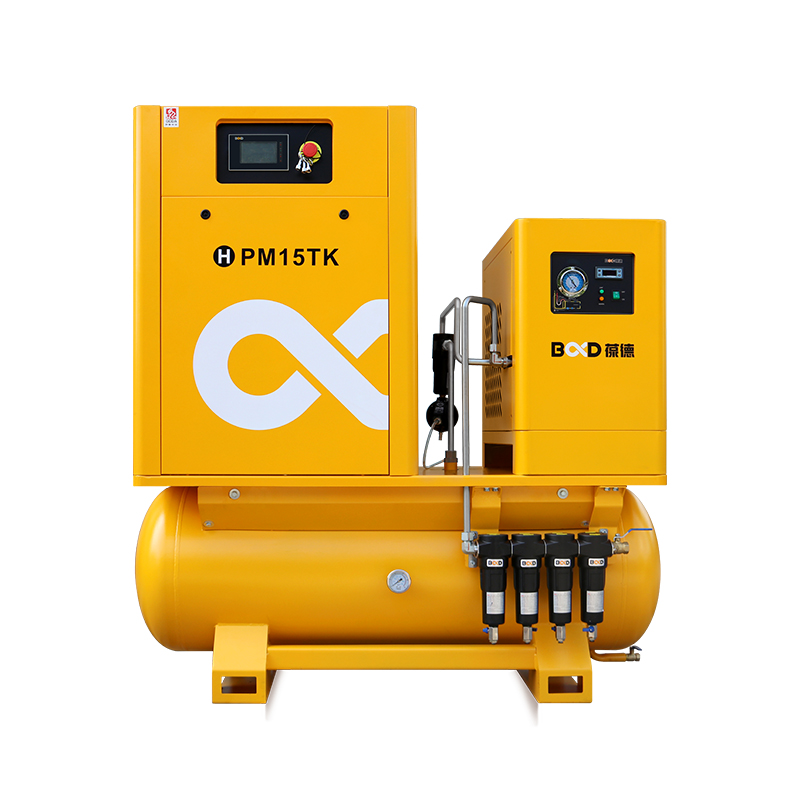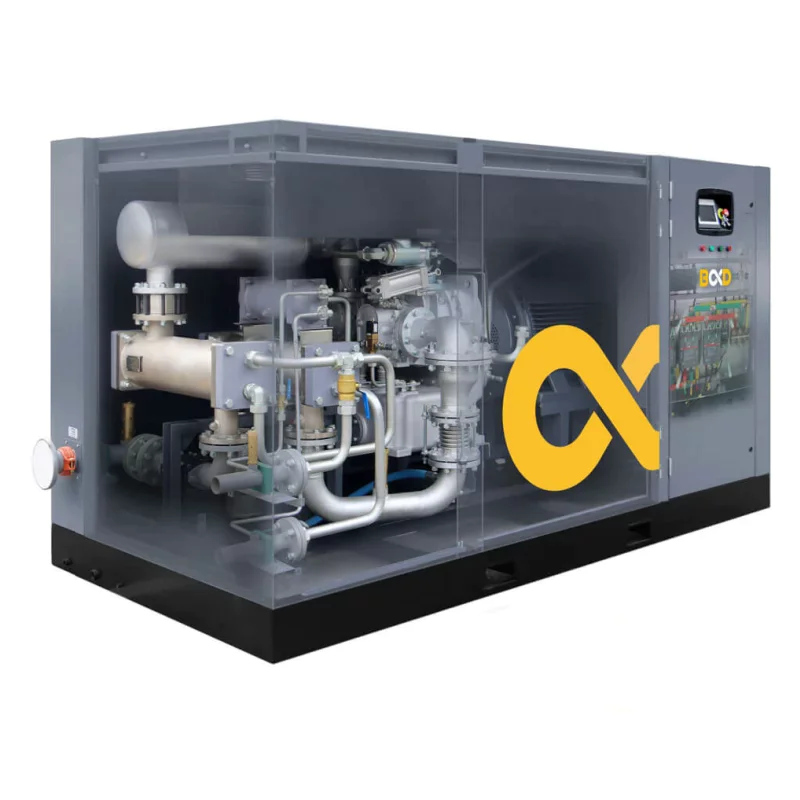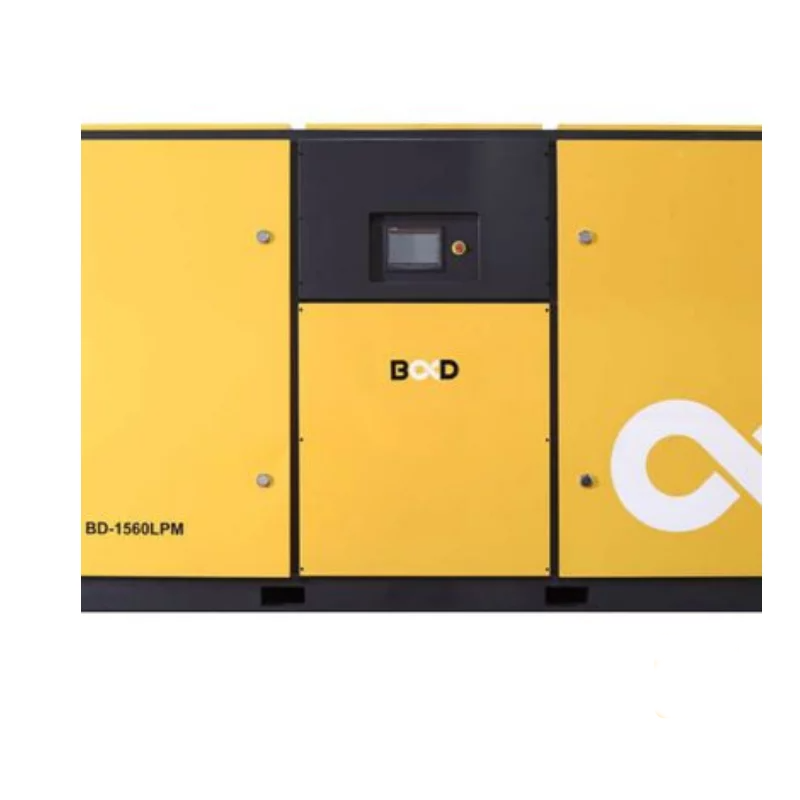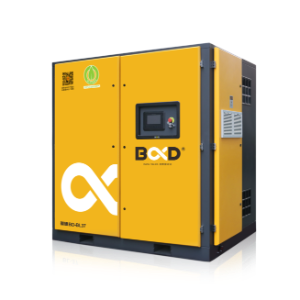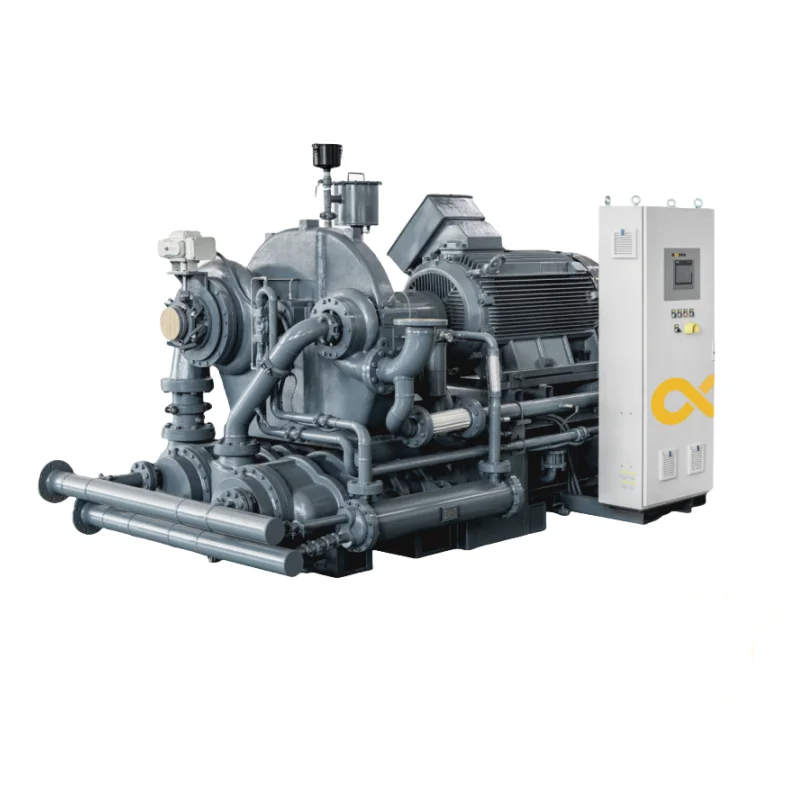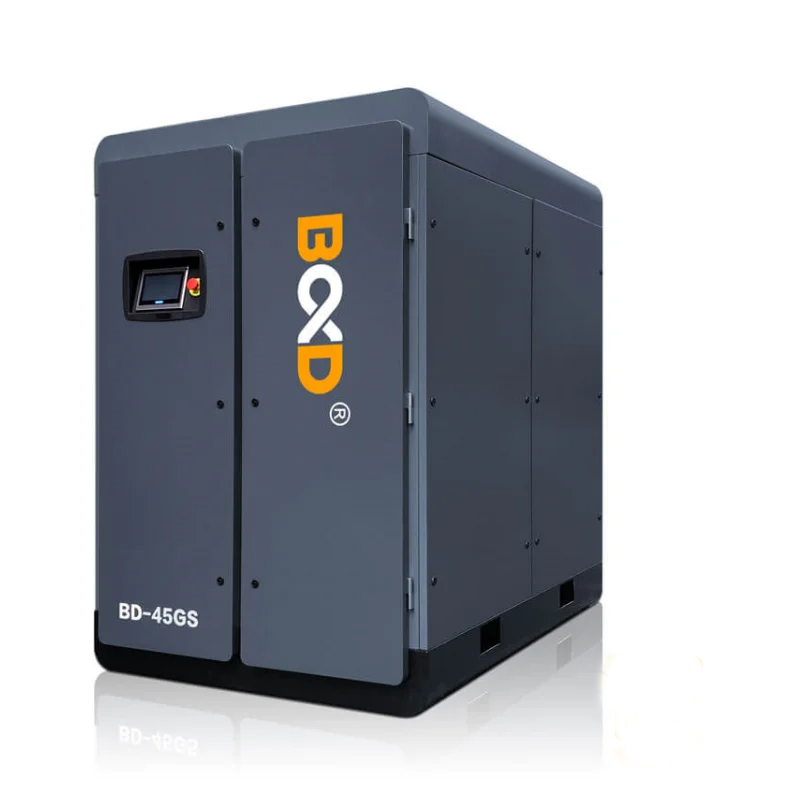As summer approaches and temperatures rise, air compressors face new operational challenges. High ambient heat can lead to equipment wear, oil oxidation, and the most common issue—high-temperature shutdowns. Proper seasonal maintenance is essential to ensure uninterrupted performance and extend the lifespan of your air compressor.

In this article, we’ll explore key troubleshooting tips to help your air compressor stay cool and efficient throughout the summer.

Why High Temperatures Are a Threat to Your Air Compressor
During summer, air compressors operate under increased thermal stress, which can:
- Accelerate oil degradation and cause sludge or varnish buildup.
- Reduce cooling efficiency, especially in poorly ventilated environments.
- Lead to high exhaust temperatures and unexpected shutdowns.
To prevent these issues, it’s crucial to monitor and maintain your system properly.
1. Maintain Proper Ambient Temperature in the Compressor Room
Ideal ambient temperature: Below 38°C (100°F)
(Insert image of compressor room ventilation here)
Ensure the compressor room is well-ventilated by installing exhaust fans or improving airflow. Avoid placing any heat-generating equipment near the compressor. High room temperature can increase intake air temperature, which in turn raises oil and exhaust temperatures—a major cause of system shutdowns.

Tip: Keep the radiator clean and dust-free
(Insert image of dusty vs. clean radiator)
For air-cooled compressors, dust buildup on the radiator can significantly reduce heat dissipation. This can lead to:
- Clogged oil filters
- Restricted lubrication oil flow
- Reduced cooling efficiency
Regular cleaning, especially in dusty environments, ensures your air compressor remains cool and operates efficiently.

3. Check Cooling Water Temperature for Water-Cooled Units
Recommended water inlet temperature: ≤ 35°C
Water pressure: 0.3–0.5 MPa
(Insert image of water-cooled compressor maintenance)
For water-cooled compressors, check that the cooling water system is functioning properly. If the water temperature is too high or pressure is unstable, consider installing a cooling tower and removing scale deposits from the heat exchanger to maintain effective heat transfer.

4. Replace Air Compressor Filters on Schedule
The three key filters in a screw air compressor include:
- Air filter
- Oil filter
- Oil-gas separator
(Insert diagram of the filter system here)
Dirty or clogged filters can cause:
- Increased system load
- Elevated internal pressure
- Restricted oil flow
Replace filter elements at regular intervals based on working conditions to avoid overheating and compressor damage. Learn more about air compressor maintenance solutions for long-term efficiency.

5. Use Genuine Compressor Oil and Monitor Oil Levels
Tip: Use certified Baldor compressor oil for optimal protection
(Insert image of oil level sight glass and oil top-up procedure)
Low or poor-quality oil is a key contributor to high operating temperatures. Check the oil level regularly using the sight glass, and refill with genuine oil if levels drop below the indicator. Authentic oil ensures:
- Consistent lubrication
- Heat dissipation
- Longer service life of internal components

Final Tip: Schedule Regular Maintenance During the Summer
Summer puts your air compressor system to the test. To avoid unplanned downtime, schedule regular maintenance with certified technicians. If you encounter issues or need fast support, the Baldor Cloud Service offers 24/7 one-click assistance across all regions.
Need help now? Contact your nearest Baldor service center or call our regional hotline. Our team is ready to help you troubleshoot and resolve any compressor-related problems.
